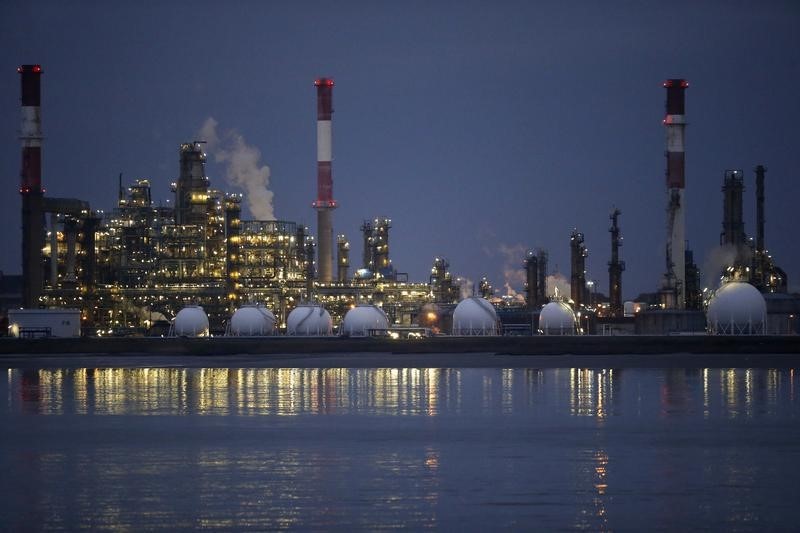Investing.com – Oil prices edged higher on Monday after China, the world’s top crude importer, unveiled plans to ease monetary policy and stimulate the economy, fueling hopes of a revival in global oil demand .
At 2:30 PM ET (19:30 GMT), the stock rose 1.2% to $68.37 per barrel and rose 1.4% to $72.14 per barrel.
China comes up with a stimulus plan
Beijing has presented plans to implement an “appropriately accommodative” monetary policy next year to revive economic growth, the Politburo, the political bureau of the CPC Central Committee, said on Monday.
Optimism about further stimulus helped boost hopes for a recovery in oil demand at a time when many fear supply is likely to exceed demand, which has weighed on oil prices.
“The easing of monetary policy in China is likely to be the driving force behind the oil price recovery, supporting risk sentiment,” said UBS analyst Giovanni Staunovo.
Outside China, uncertainty about US long-term interest rates and policies under the Trump administration also weighed on the balance.
OPEC’s decision to extend supply cuts was seen negatively by oil markets as it was a sign of declining confidence that demand will improve.
Tensions in Syria keep the oil risk premium in play
Syrian rebels have captured the capital Damascus after 13 years of civil war, and reports say President Bashar al-Assad has fled to Russia.
The sudden ouster of Al-Assad – by a group backed in part by Turkey and with close ties to the Sunni Islamist sect – limits Iran’s position in the Middle East and could also cost Russia a naval base in the Mediterranean .
But traders were now watching to see what exactly regime change would bring to Syria and the Middle East, especially in oil production. While Syrian production has been almost completely decimated by a protracted civil war, production could increase under a more moderate government.
On the other hand, Iran’s softening grip on the Middle East could encourage Donald Trump’s new administration in the US to impose stricter restrictions on the country, limiting supplies.
The uncertain situation in Syria contributes to the ongoing geopolitical tensions caused by the war between Israel and Hamas, and by the conflict between Ukraine and Russia.
(Peter Nurse, Ambar Warrick contributed to this article.)


